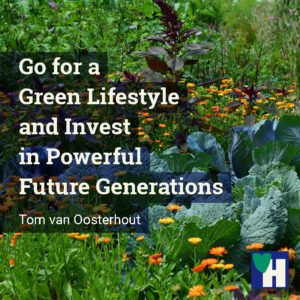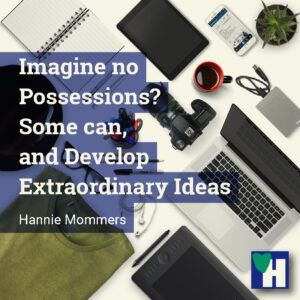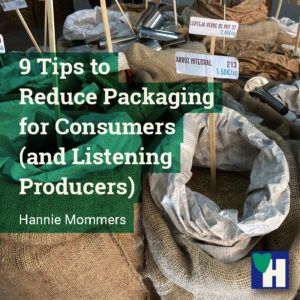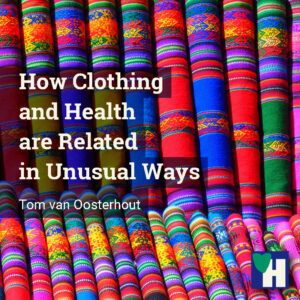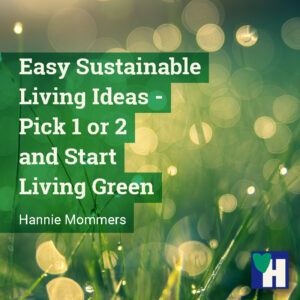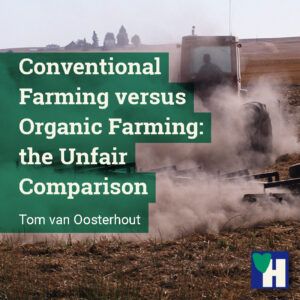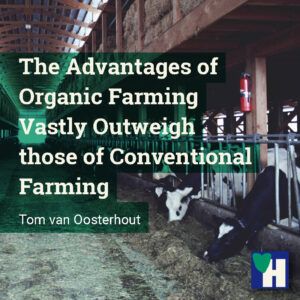
The advantages of organic farming vastly outweigh those of conventional farming. However, the conversion from conventional to organic food production is one of the most challenging endeavors of the 21st century.
To illustrate the truth of both these arguments, I will explain what the challenges are of the conversion. I use the results from a research assignment two of my colleagues and I performed in 2002 and 2003 in The Netherlands.
A provincial board decided to join the national endeavor for an organic agricultural area of 10% in 2010. The most obvious expansion of organic agriculture in this province is that of organic dairy farming.


